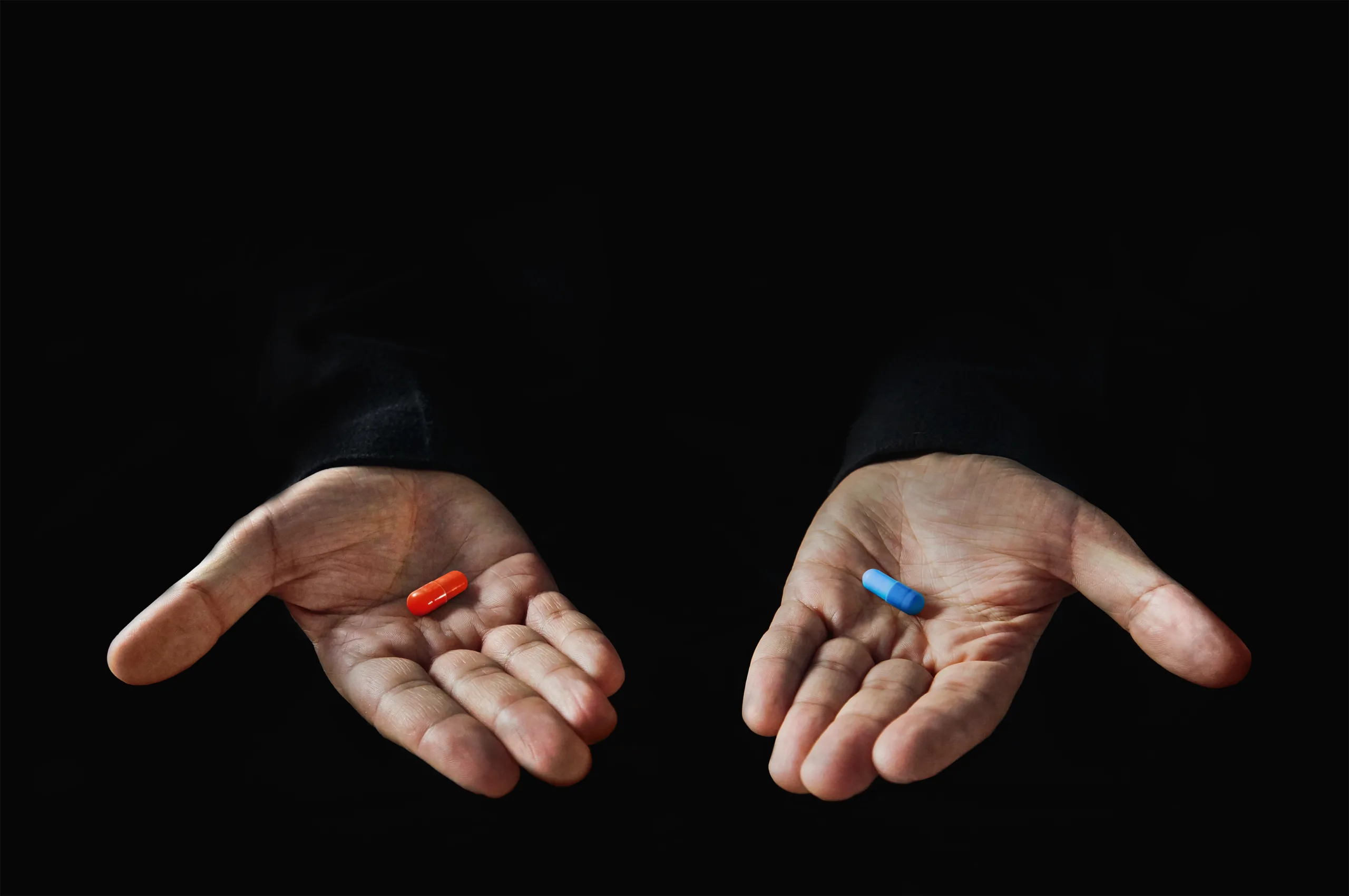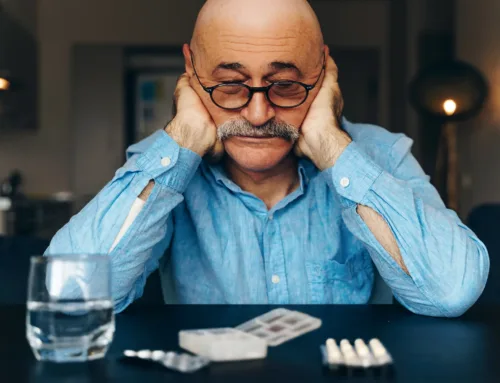Vyvanse vs Adderall: Understanding the Key Differences
Vyvanse and Adderall are two of the most common medications prescribed to treat ADHD (attention-deficit/hyperactivity disorder) and, in some cases, binge eating disorder (in the case of Vyvanse). Both are stimulant medications that help improve focus, attention and impulse control. However, despite their similarities, there are significant differences in how these medications work, their effectiveness, potential side effects and their risk of addiction. In this blog, we’ll explore Vyvanse versus Adderall in detail to help you better understand which medication might be proper for you or someone you know.
What Does Adderall Do?
Adderall is a combination of two stimulants, amphetamine and dextroamphetamine, which work by increasing the levels of neurotransmitters like dopamine and norepinephrine in the brain. These chemicals play a crucial role in regulating attention, mood and behavior, all of which are often affected in individuals with ADHD.
What does Adderall do? It helps individuals with ADHD by enhancing focus, reducing hyperactive behavior and improving self-control. For people without ADHD, however, it can create a sense of euphoria, increased energy and heightened alertness, which is why it has the potential for misuse.
Adderall comes in two forms:
1. Adderall IR (Immediate Release): This version starts working quickly, usually within 30 minutes to an hour, but wears off after 4-6 hours.
2. Adderall XR (Extended Release): This version is designed to be released gradually over time, providing symptom relief for up to 12 hours.
Because of its fast-acting nature, Adderall has a higher potential for abuse compared to Vyvanse, particularly in those seeking immediate effects like increased energy or focus. The drug’s rapid onset and short duration may also lead to cycles of misuse, where individuals take more frequent doses than prescribed, leading to Adderall addiction.
What Does Vyvanse Do?
Vyvanse, or lisdexamfetamine, is a prodrug of dextroamphetamine, meaning it needs to be metabolized by the body to become active. Once ingested, it is converted into its active form, dextroamphetamine, which then increases dopamine and norepinephrine levels similarly to Adderall.
What does Vyvanse do? Like Adderall, it helps individuals with ADHD improve focus, manage impulsivity, and maintain attention throughout the day. However, Vyvanse is also FDA-approved to treat binge eating disorder in adults, providing a different scope of use than Adderall.
One key difference between Vyvanse and Adderall is that Vyvanse is designed to be long-acting and does not take effect until it has been metabolized. This results in a slower onset, but it provides smoother, longer-lasting effects—typically up to 14 hours. The slow release also reduces the “rush” associated with stimulant medications, which in turn lowers the risk of Vyvanse addiction.
Vyvanse vs Adderall: Effectiveness and Duration
When comparing Vyvanse versus Adderall, one main difference is their onset and duration of action.
– Adderall begins working more quickly (within 30 minutes to an hour) and has a shorter duration, with the immediate-release form lasting 4-6 hours and the extended-release form lasting up to 12 hours.
Vyvanse, on the other hand, takes longer to kick in because it must first be metabolized. It usually takes 1-2 hours to take effect. However, it lasts longer—up to 14 hours—making it a once-daily medication that offers consistent symptom relief throughout the day.
Both Vyvanse and Adderall are highly effective for managing ADHD symptoms, though individual responses can vary. Some people may find that Adderall’s faster action is better suited to their needs, while others may prefer Vyvanse’s smoother, longer-lasting effects.
Risk of Addiction: Adderall vs Vyvanse
When it comes to addiction potential, both Vyvanse and Adderall are classified as Schedule II controlled substances, meaning they have a high potential for abuse. However, there are differences in the risk of addiction between the two.
Adderall Addiction
Because of its immediate effects and short duration, Adderall has a higher risk of addiction, mainly when misused. Individuals who misuse Adderall—by taking it in larger doses, crushing and snorting it or taking it without a prescription—are more likely to develop a dependency. Adderall addiction can occur when the drug is used for its stimulant effects, such as increased energy and alertness, rather than for treating ADHD symptoms. Over time, people can develop a tolerance, needing higher doses to achieve the same effect, which can lead to physical and psychological dependence.
Vyvanse Addiction
Vyvanse is considered to have a lower risk of addiction compared to Adderall because of its design as a prodrug. Since it needs to be metabolized by the body before becoming active, it has a slower onset and less of the immediate “high” associated with stimulant misuse. This slower release makes it more difficult to misuse Vyvanse in the same way as Adderall, reducing its potential for abuse and addiction. However, Vyvanse addiction is still possible, especially if taken in higher doses or without a prescription.
Side Effects of Vyvanse and Adderall
Both Vyvanse and Adderall can cause similar side effects, including:
– Increased heart rate and blood pressure
– Loss of appetite and weight loss
– Difficulty sleeping or insomnia
– Anxiety or jitteriness
– Dry mouth
– Mood swings
Because of its slower release, Vyvanse may have a smoother side effect profile, while Adderall’s immediate release may cause more abrupt changes in mood or energy. It’s essential to consult a healthcare provider to discuss potential side effects and find the best medication for you.
Which One Is Right for You?
When choosing between Vyvanse and Adderall, the decision will depend on several factors, including how quickly you need the medication to take effect, how long you need it to last, and your risk for side effects or addiction. Both medications are highly effective at treating ADHD symptoms, but their differences in onset, duration, and addiction potential are vital considerations.
It’s essential to consult your healthcare provider to discuss your symptoms, medical history, and lifestyle to determine which medication best fits your needs. If addiction is a concern, Vyvanse may be the safer option due to its slower onset and lower abuse potential. However, with proper use, both medications can provide significant relief from ADHD symptoms and improve your overall quality of life.





